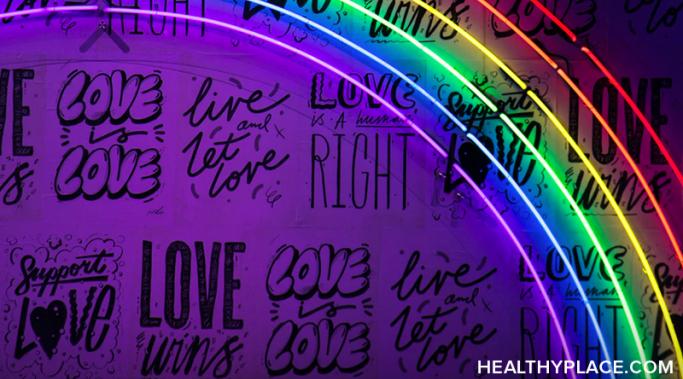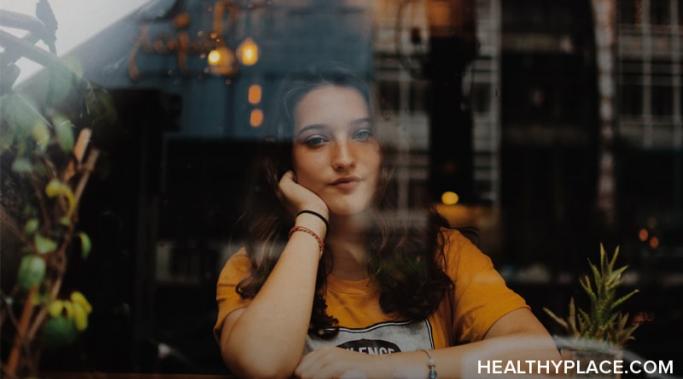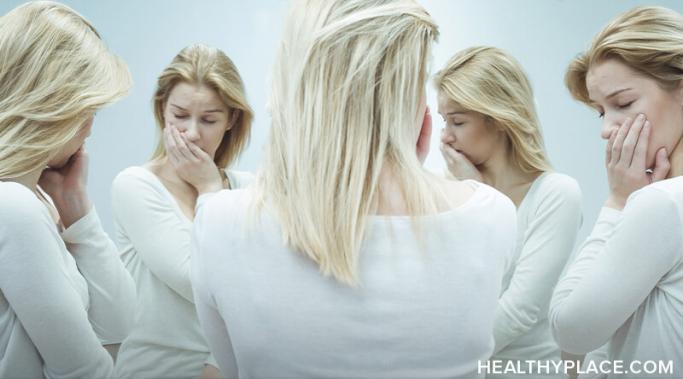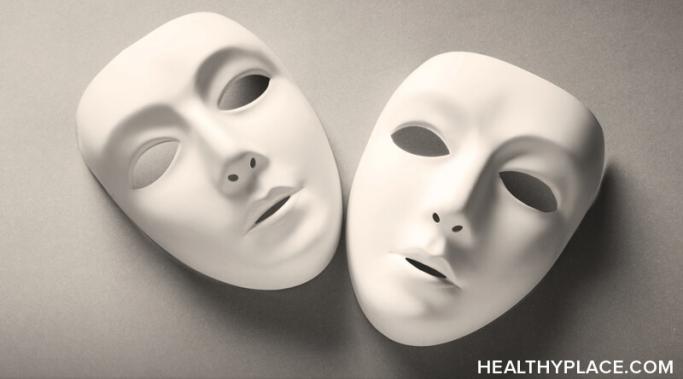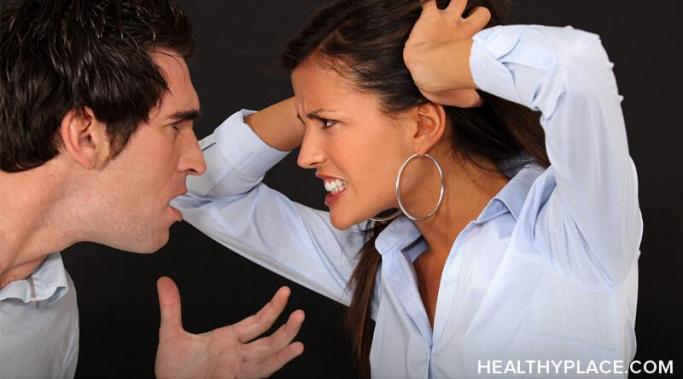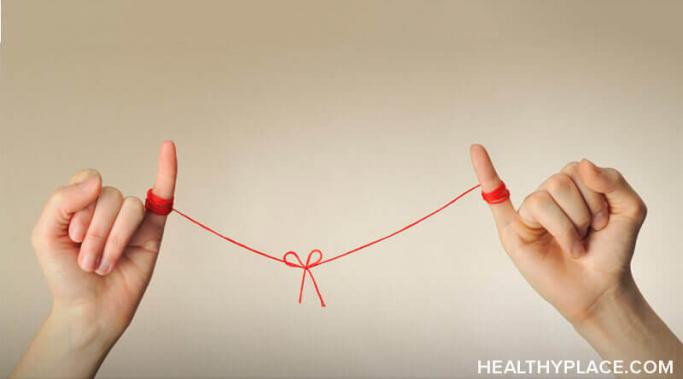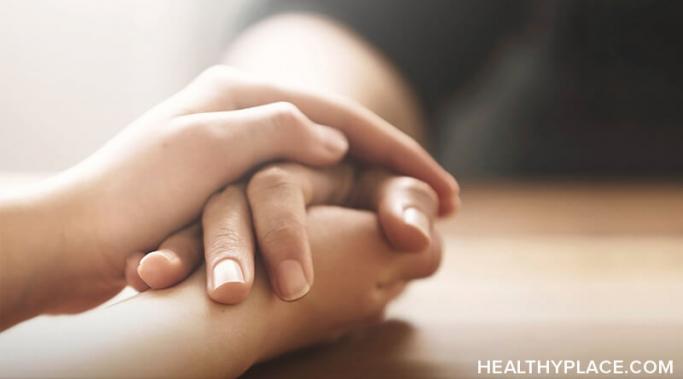I sometimes wonder if I would face the same stigma for dating men a couple of decades younger than me if the genders were reversed. It isn't that unusual to hear about men in their 40s dating women in their 20s. However, when a woman in her 40s dates a man in his 20s, the main assumption I've encountered is that she must be a "sugar mommy." It's almost as if it's unimaginable that a young man would be sexually or romantically interested in an older woman for any other reason.
Dating Relationships
In "Dating Like a 'Cougar' Is Leaving Me Lonely," I discussed my mixed feelings about continuing to identify as a cougar. I was worried that the term might be too small of a box to fit myself into. Having thought about it more, I now see the term more like a shoe that fits. It might be a tight fit, but it still fits.
Living with borderline personality disorder (BPD), many aspects of my identity have felt unstable over the years, including my sexuality. I came out as bisexual in 2000 or 2001, but after about a year of dating women, I went on to date cis men almost exclusively. My sexual attraction to women never went away, but the way I feel about it has fluctuated. I had trouble accepting my bisexuality.
Something happened when I turned 40: I pretty much stopped dating my age. Over the past four years, almost all of my dates have been with men in their 20s. I believe the term for a woman like me is "cougar." While dating men so much younger than me has been exciting and fun, it's also been incredibly lonely. So, why have I been clinging to the cougar life for so long?
I've been on and off dating apps for many years. I joined a few of them again recently, and I've been struggling to decide how much to share about myself and my mental health, both on my profiles and in the messages I send.
As someone who lives with borderline personality disorder (BPD) and complex posttraumatic stress disorder (PTSD), I'm engaged in a daily struggle to maintain my sanity. What impacts my sanity the most is the belief that I've said or done something to interfere with other people's sanity. I've learned that the best way to interfere with other people's sanity is to become involved with them in intimate relationships. That way, I can offer them front-row seats to witness my cyclical descent into instability and be swept up into it themselves whenever they try to bring order to my intermittently untameable internal chaos. I don't know how to stay sane, in love, or out of it. When it comes to relationships, all I seem to do is bring my partners into the eye of the storm of a woman who's lost her center and herself.
Like many people who live with borderline personality disorder (BPD), the relationships in my life have been turbulent: I've been estranged from my family on several occasions, and my friendships rarely last longer than a few years. However, the most dysfunctional relationships I've had have been with my two long-term romantic partners. I don't like how I behaved in either of those relationships, yet I felt helpless to find a way to behave differently. I watched myself become passive-aggressive, demanding, argumentative and possessive. I witnessed the hurt I caused and wrestled with intense shame, despair, and self-loathing. The turmoil I struggled with in my relationship with my first boyfriend was so intense that, after our breakup, I ended up overdosing as a cry for help. (Note: This post contains a trigger warning.)
Juliana Sabatello
Conflict is a normal part of relationships, but so many don't realize the difference between healthy and unhealthy conflict resolution. The "four horsemen" is a concept developed by Dr. John Gottman to describe four unhealthy ways that couples argue, which lead to a relationship's demise: criticism, contempt, defensiveness, and stonewalling.
Juliana Sabatello
Codependency was a term I remember hearing as a teen but didn’t understand. What is the difference between offering and relying on support from a loved one in times of need and being codependent with that person? I’ve seen people in my life slip into this unhealthy relationship pattern, and I understand now just how mental illness and trauma create the perfect environment for codependency to grow.
Juliana Sabatello
When we aren't at our best emotionally, it can help on a nervous system level to just have someone be with us to co-regulate our emotions. I was definitely one of those children who needed a hug when I was upset. I have always responded strongly to the negative and positive emotions of others. I also respond very well to a calm person comforting me when I am anxious or stressed. I work mostly with children, so I am used to hearing the term "co-regulation" as it relates to parents and caregivers helping children calm down when they are upset, but it can be just as powerful for adults in relationships.


